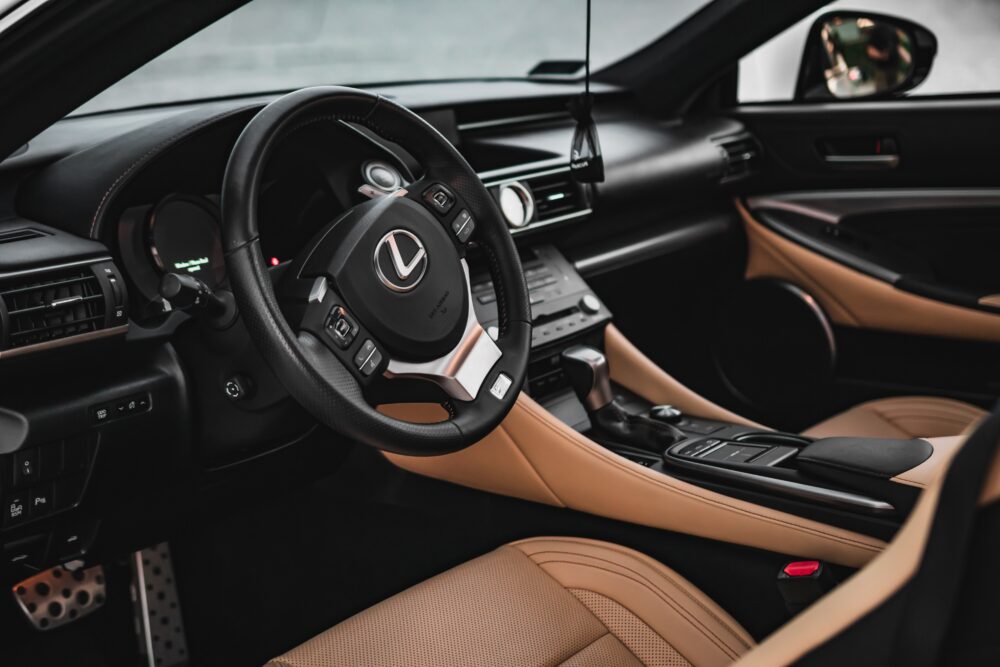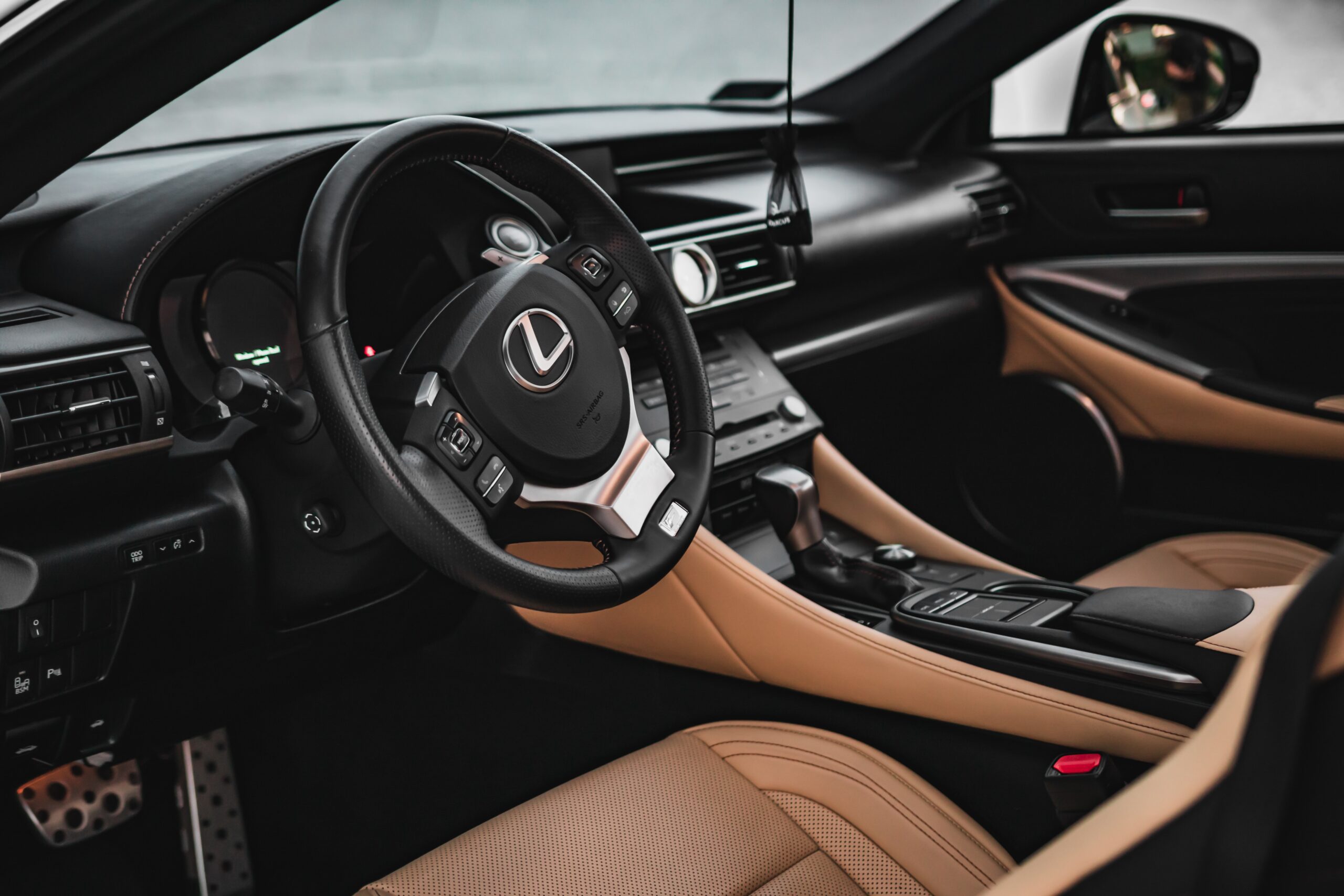Car dealerships have been at the forefront of the automotive retail industry for decades. Traditionally, if you wanted to buy a car you would venture down to your local dealership and browse the range of available models with limited potential to buy from other outlets. Now, largely thanks to digital transformation, there are a plethora of options available to consumers looking to upgrade their vehicle or buy their first car.
Traditional dealerships are facing stiff and rapidly progressing competition, and are having to develop their own sales channels and marketing efforts to avoid falling behind. In order to remain sustainable, car dealers are going to have to tackle a number of challenges and ensure they are covered by motor trade insurance in line with the new advancements in the industry. Let’s explore some of the key challenges facing traditional car dealerships in the UK.

Competition from digital rivals
Since the advent of the internet age, competition in all industries has sharply intensified – thanks to the availability of information for consumers and the ability to compare prices and products like has never been seen before. This is certainly true in the automotive retail industry, where traditional car dealerships are now second place to digital catalogues such as Auto Trader when it comes to browsing vehicles. While many traditional dealerships advertise their vehicles on such platforms, this further intensifies the competition for sales and squeezes profit margins when price is a more significant determining factor for consumers.
Not only is there competition between traditional dealerships on digital channels, but also competition from relatively new entrants into the market who are disrupting the industry and reimagining the way people buy cars. Companies like Cinch and Cazoo offer a completely different experience to traditional car dealerships, whereby consumers can browse, buy and receive vehicles to their front door without ever needing to leave their own home. Older generations may trust this method less than younger generations, but this is something that will become increasingly popular in the future – so traditional car dealerships will need to adapt accordingly.
Changing work patterns
Another challenge facing traditional car dealerships is the changing nature of work patterns that has accelerated over the last 2 years. The impacts of the coronavirus pandemic have dramatically changed the way people value their work/life balance and thus work patterns have shifted greatly. With more people than ever working from home and many companies moving to hybrid working patterns moving forward, demand for vehicles is surely going to drop YoY over the next decade. Furthermore, many families with two cars may drop down to one, spiking supply against a faltering demand.
Preparing for a different automotive future
Perhaps the most long-term challenge for car dealerships to plan for is the drastic changes that are on the horizon in the automotive industry. With environmental pressures increasing and government targets aiming for net-zero carbon emissions, electrification of the automotive market accelerating rapidly. With the ban on new fossil fuelled vehicles coming into effect in 2030 in the UK and car firms agreeing to facilitate this change, the traditional car dealership has limited time to profit from the fossil fuelled car market. Undoubtedly, a time will come when fuel-burning vehicles aren’t sustainable even from a business perspective, and car dealerships will have to change their ways.




















